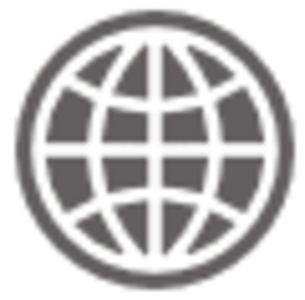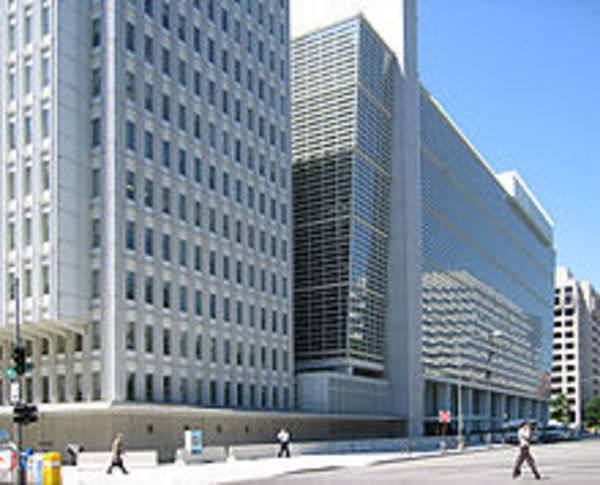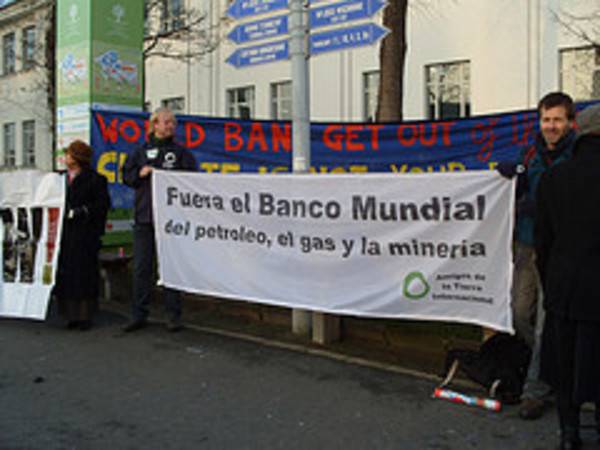The World Bank has announced the launch of a Web-based urban development platform for July 1.

In conjunction with the University of Pennsylvania’s Penn Institute for Urban Research, the Urbanization Knowledge Platform will link policy makers, academics, the Bank and other groups struggling to address the rapid increase in the size and importance of cities around the world.
Urbanization Knowledge Platform
The Knowledge Platform seeks to use online communications to make rapid exchange of information in the urbanization field available more quickly and leverage the power of conversation to solve policy questions. According to the Penn Institute the site will be shaped around a series of “knowledge exchanges.”

“Topics for each knowledge exchange will center on the four core themes of Economic Development, Social Inclusion and Mobility, Environmental Sustainability, and Governance and will be proposed by members. These knowledge exchanges, and subsequent discussion and networking, will be conducted via cutting edge technology and online audio-visual meeting tools.”
That technology includes fora, real-time conversation, live online meetings and presentations. Elements of the platform are currently being rolled out, with regional launches in June and the official debut in July.
Who’s On Board?
Already signed on, in addition to the Bank and Penn, are the Kinsey Global Institute, the Cities Alliance, the Indian Institute for Human Settlements, MIT’s Deptartment of Urban Studies and Planning and the Brookings Institution. Talks are also being held with Harvard, Cisco, the African Centre for Cities, the Global Development Network, the U.S. Department of Housing and Urban Development and a host of think-tanks around the world.
The Penn Institute, devoted to the study of cities and their dynamics, is partnering with the World Bank’s Urban Sector, the bank agency responsible for developing its urban development policy. The World Bank, co-owned by 187 member countries, is a union of the International Bank for Reconstruction and Development and the International Development Association, with a mission to “advanc(e) the vision of inclusive and sustainable globalization” and reduce global poverty.

Criticism and Participation
The Bank has seen its share of criticism. This includes philosophical objections to its “free market reform policies” and practical objections to their implementation, which some have said is too quick and too jarring to native economies. The way it is governed has also come under scrutiny. It is said to be run more often than not by representatives from highly industrialized economies to the exclusion of those from developing ones.
Given this criticism, the Knowledge Platform might be a great deal more valuable were the citizens effected by the Bank’s decisions able to watch, listen and even join in these discussions. Whether provision has been made for that is uncertain. We have asked the question and will update if we receive an answer.
World Bank building photo from Wikimedia Commons | protest photo from Radio Nederland Wereldomroep

















